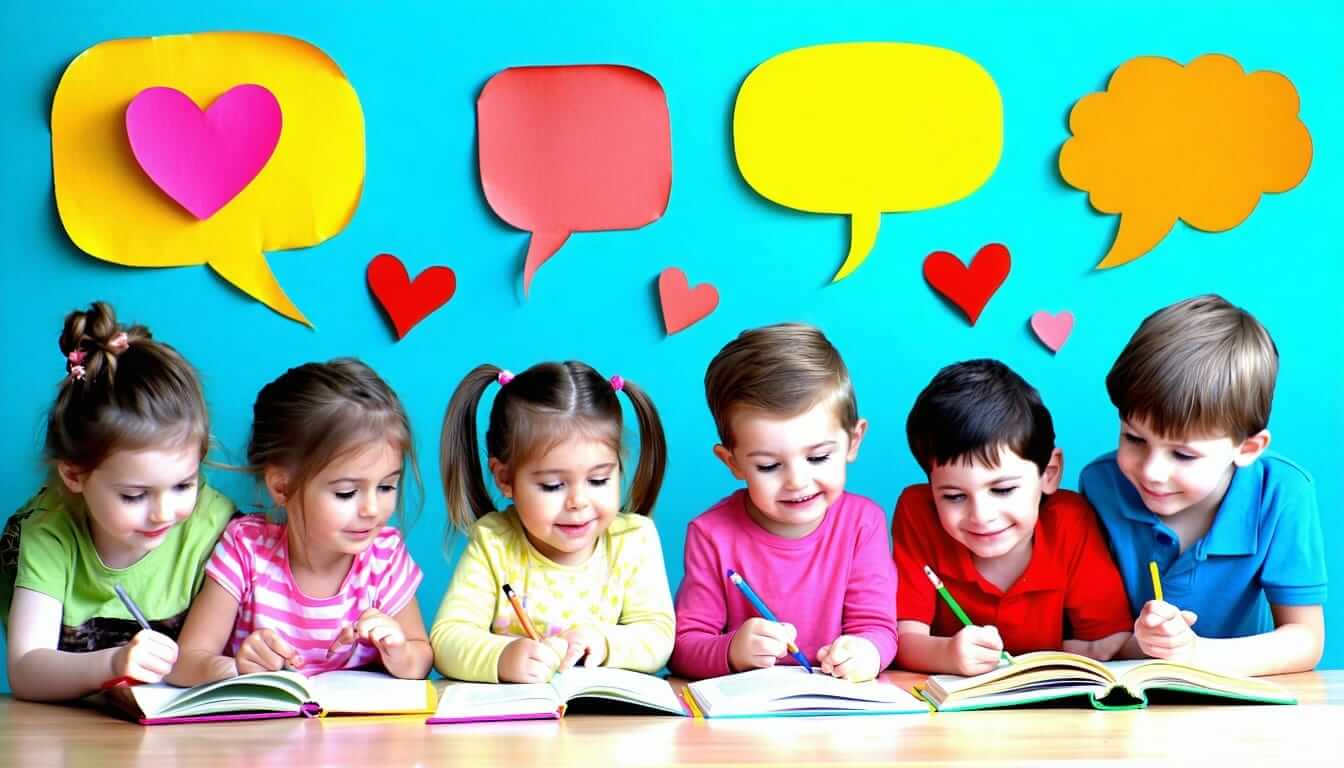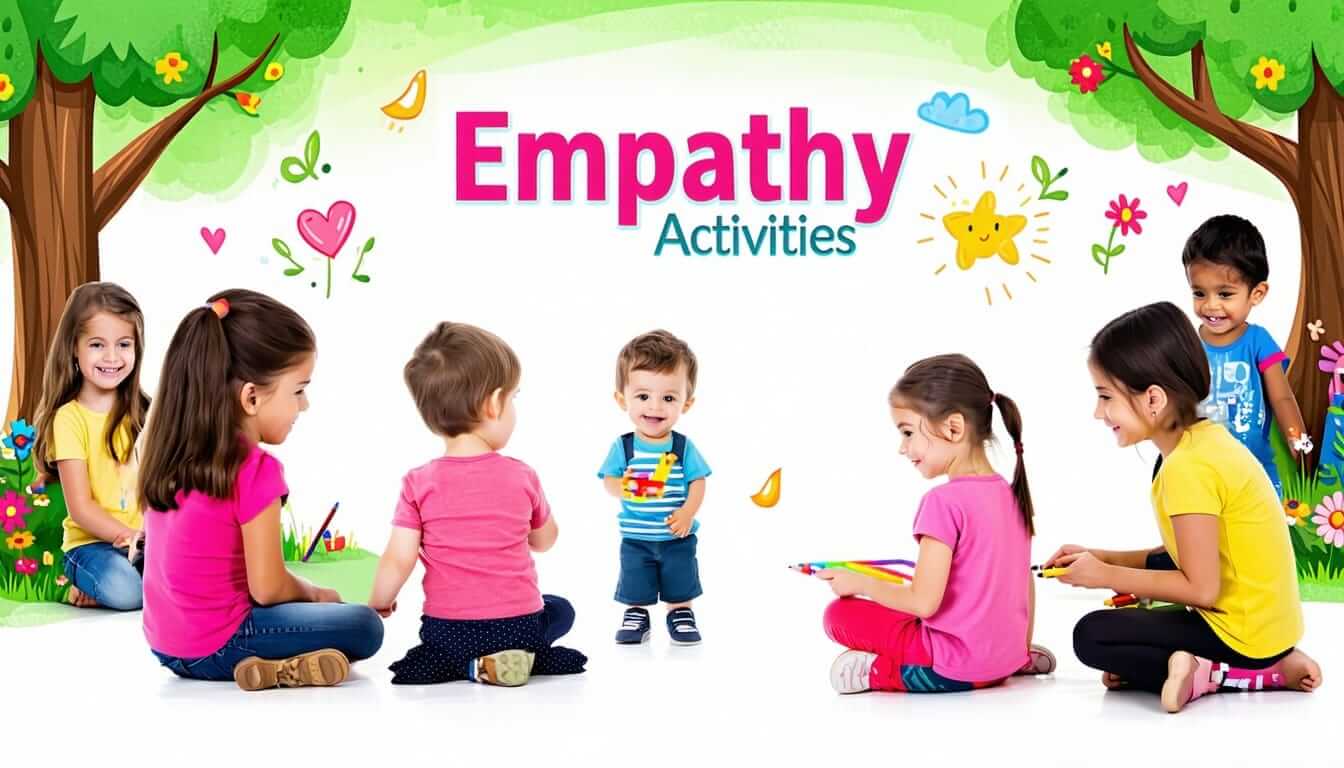Nearly one in three children report feeling unheard at home, and that gap can widen as they grow (Parenting Journal, 2020). Teaching empathy to children helps you close that gap by giving them tools to understand others’ feelings, and builds a foundation of mutual respect. Good news, this skill grows with practice and can shape lasting leadership qualities.
Why Empathy Matters
Empathy, the ability to sense and share another person’s emotions, supports respect in two key ways. First, when your child notices how others feel, they’re less likely to act hurtfully. Research shows kids trained in perspective-taking have 30% fewer peer conflicts by grade 3 (Parenting Journal, 2020). Second, understanding feelings fosters trust—your child learns that respect is earned by honoring others’ experiences.
Model Empathy Daily
Kids learn most by watching you. When you make empathy part of your own routine, your child sees respect in action.
Show Compassion in Action
Point out moments when you consider someone else’s feelings. For example, say, “I’m calling Grandma to see how she’s doing after her surgery.” Your child will notice that caring matters.
Discuss Feelings Openly
Label emotions during everyday moments. You might ask, “How did you feel when your friend didn’t share?” Naming feelings builds emotional vocabulary and shows respect for inner life.
Try Guided Empathy Activities
Structured exercises can turn empathy lessons into memorable experiences. You’ll find many options, from games to worksheets, to fit your child’s style.
- Use role-play games where your child acts out different characters (see our empathy games for kids).
- Read stories that explore diverse perspectives, such as titles from our collection of children’s books about empathy.
- Complete simple puzzles or scenarios with our empathy worksheets for children to practice identifying feelings.
Parenting Today (2021) found that families who do brief empathy exercises twice a week see sibling cooperation rise by 20% within six weeks.
Embed Empathy in Routines
Making empathy part of daily life turns a lesson into a habit. You’ll notice respect growing naturally.
Practice Active Listening
At dinner, ask each person to share one high and one low of their day. When your child speaks, mirror back what you heard (“So you felt proud when…”) before asking your own question. That shows respect for their perspective.
Acknowledge Emotions
When your child is upset, validate their feelings: “I can see you’re frustrated that we can’t go to the park.” You don’t need to fix everything instantly (that can feel overwhelming), you just need to show you respect how they feel.
Wrap Up and Next Steps
- Model empathy in everyday moments.
- Label and discuss emotions with your child.
- Try guided activities like games, books, and worksheets.
- Embed listening and validation into your routines.
By weaving these steps into your family’s life, you’ll help your child internalize empathy and earn respect from peers and adults. For extra support in building respect and confidence, consider enrolling your child at Mastery Martial Arts Troy. You can boost leadership skills and courtesy through martial arts, and right now you can claim a free 2-week trial at www.KidsMartialArtsTroy.com. You’ve got this, and your child’s journey to lasting respect starts today.





0 Comments